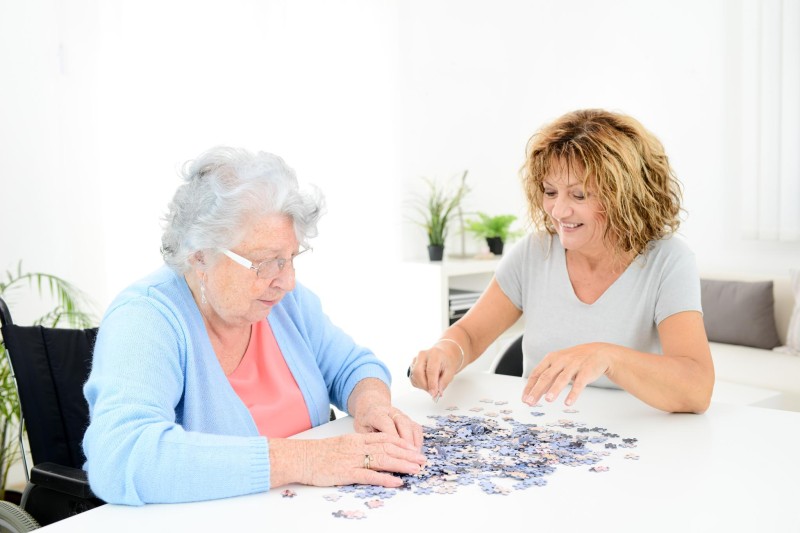Breadcrumb
- Home /
- Resources
Resources
Mobile Resource Library Tabs
Filters
Search
Categories Navigation
Asset Publisher
Resources

Handwashing Health to Prevent Infectious Diseases
Handwashing is an essential precaution during cold and flu season, and has taken on an even greater significance due to the COVID-19 pandemic. From the beginning of the pandemic, the Centers for Disease Control and Prevention (CDC) has urged people to wash their hands regularly as a key effort to reduce the spread of infection. Careful attention to washing hands throughout the day can prevent us and our loved ones from coming down with colds and the flu, as well as help with continued efforts to flatten the curve of COVID-19.
Read MoreBy Julie Hayes | 06/15/2020

Creative Activities Older Adults Can Do from the Comfort of Home
The ability to be creative and express oneself is something that is not limited by age. Even if we’ve never participated in the arts previously, it’s never too late to learn! The benefits of creative aging do not always depend on our ability and skill level, but instead on how we use the opportunity to express our feelings.
Read MoreBy Julie Hayes | 06/15/2020

4 Memory Boosting Brain Exercises for Older Adults
Most of us know that physical exercise is important to keep the body healthy and strong, but what we may not know is that our brains also benefit from exercise. Keeping our brains active and alert can often be essential to our wellbeing as we transition into older adulthood.
Read MoreBy Julie Hayes | 06/15/2020

Understanding and Managing an Older Loved One’s Urinary Incontinence
As we age, changes in our body can reduce how much urine our bladder can hold. The stream can become weaker and can cause us to feel the urge to urinate more often. Some people suffer from overactive bladder, which is characterized by urinary urgency and frequency. Others may also suffer from urinary incontinence, which is the loss of bladder control. It can range from leaking a small amount of urine, to having very strong urges to urinate that are difficult to control. Incontinence may be either a chronic or temporary problem.
Read More06/15/2020

How to Keep an Older Loved One Supplied with Necessities during the COVID-19 Pandemic
With staying at home and practicing social distancing being recommended as two of the most important methods of “flattening the curve” and keeping safe during the current COVID-19 pandemic, most of us have had to rethink the ways we go about our day-to-day lives. Even basic trips to the convenience store or supermarket involve new levels of preparation and caution than before. This can be an additional challenge for those who have to think about providing for a vulnerable loved one, whether they are caregivers or just taking on a bigger role to assist their loved one and keep them safe at this time.
Read MoreBy Julie Hayes | 05/18/2020
